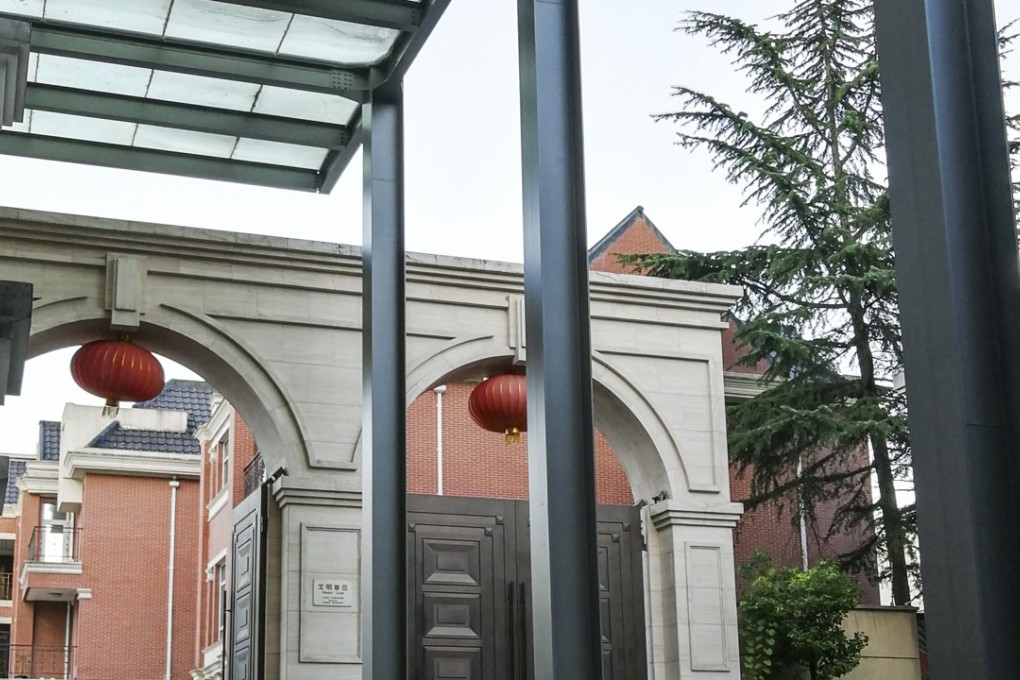Exclusive | China’s leveraged asset buyers must now brace for discounts in their forced fire sales

China Energy Finance Corporation (CEFC), the biggest Chinese investor in the Czech Republic, will be bailed out from its debt-fuelled shopping spree in Europe with a haircut, the first of a trio of mainland asset buyers that are being forced into holding fire sales for their acquisitions.
CEFC is negotiating to sell its Czech portfolio of luxury hotels, a football club, a brewery and a broadcaster to Chinese state conglomerate Citic Group for a combined 6.7 billion yuan (US$980 million), a 44 per cent discount to the €1.5 billion (US$1.75 billion) valuation on CEFC Europe’s books as of May, according to two people familiar with the offer.
CEFC, established in 2002 by Chinese oligarch Ye Jianming, “had spent wildly,” buying assets “without any obvious strategic rationale,” said Kaiyuan Capital’s managing director Brock Silvers, in Shanghai. “That is why Beijing had to forcefully intervene, not purely for economic reasons, but for political ones as well.”
Further Reading: China’s probes on Fosun, HNA and others unleash the power of the unspoken word
Shanghai-based CEFC is not alone. Anbang Group and HNA Group, two of China’s most aggressive asset buyers of the past three years, are also being put through the wringer by regulators over concerns about the mountain of debt that has been used to fund their shopping. The dismembering of China’s largest private conglomerates form part of Chinese President Xi Jinping’s effort to contain risks to the country’s financial system wrought by their debts.
The journey of China’s crackdown on debt – known as deleveraging in economic circles – can be traced back to a frigid winter afternoon in December 2016, when China Securities Regulatory Commission (CSRC) chairman Liu Shiyu eviscerated leveraged asset buyers as “demons that sucked the lifeblood” out of the investing public, during his speech at a forum in Beijing.